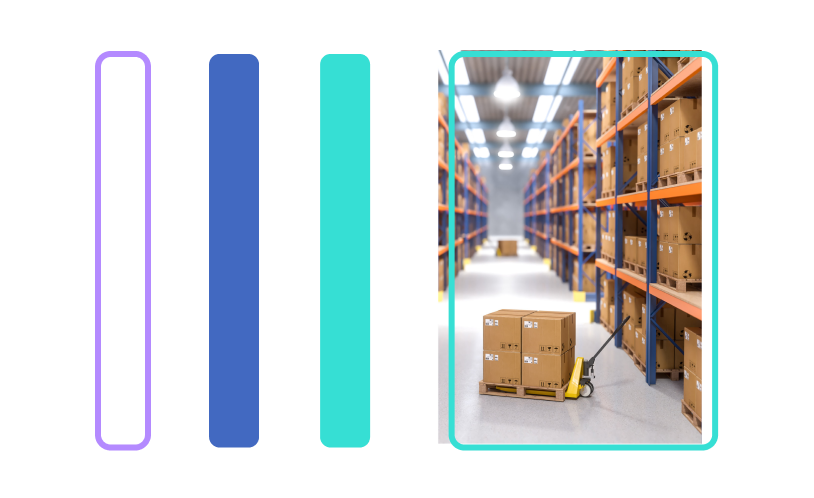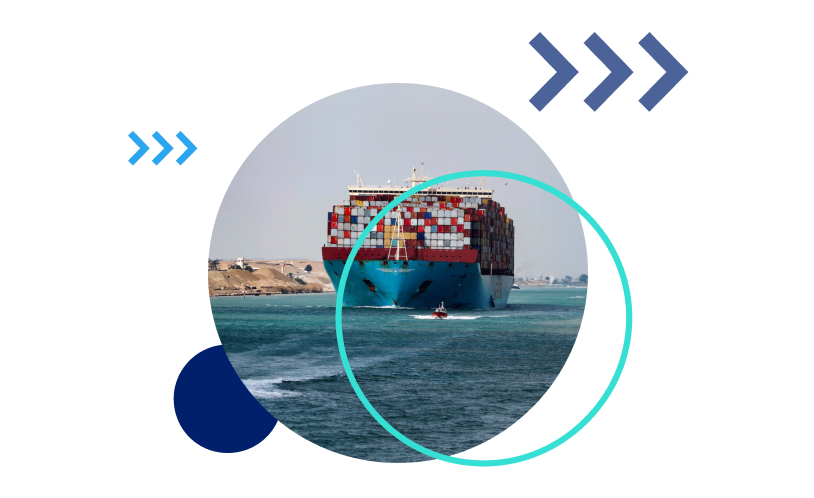This is a contributed article from Nathan Resnick at Sourcify.
- Making a Smooth Takeoff
- Who Are You Really Dealing With?
- “Can You Hear Me Now?”
- Smoothing Out an Ongoing Process
Who want’s their store crashing overnight? That’s what ecommerce entrepreneur’s risk if they don’t clear one of their biggest hurdles – sourcing products from the right factories.
Challenges can spark at any stage in a sourcing process. From doing due diligence on a factory located across the globe to actually sorting your own product specifications, having a smooth sourcing process can seem near impossible.
For any store, whether online or with a physical retail location, sourcing is the backbone of your company. Paying too much for your products will kill your margin while producing poor quality goods can destroy your reputation.
To understand the dynamic behind a good supply chain, this is the process we use at Sourcify to ensure our clients have a smooth sourcing experience.
Making a Smooth Takeoff
We take the same line, whether you are bringing new products to life or cutting existing production costs..
This first step revolves around clearly understanding your own product specifications. If you aren’t creating a genuinely new product (which is hard to do nowadays), your best bet is to identify a flaw in a product in the market, then figure out how to improve it.
Sourcing strategies are similar for all products, but factories will need very different product specifications for hats than say bunk beds.
The key to sorting through the right specifications is knowing the ins and outs of your product. Once you have this down, it’s time to see what kind of manufacturer you are sourcing from.
Who Are You Really Dealing With?
The manufacturers you are dealing with could be a:
- trading company,
- wholesaler,
- factory.
Many people incorrectly assume are dealing with the factory. Do some due diligence and you may well be surprised.
If you found your manufacturer through Alibaba, there is an 80% chance it’s not actually a factory. Before you know how to search for an actual factory, you need to know the difference in each:
Trading Companies
For a trading company to make money, they need to add their own margin to the product cost. They are the ones dealing directly with a factory and usually have good relationships with a few different factories.
Working with a trading company will often enable you to source across multiple product categories, as they often deal with factories who can produce different products.

Trading companies usually have lower order quantity requirements and you could be a big fish in a small sea, rather than a small client of a large factory.
Some trading companies will pretend to be the actual manufacturer with their own factory, so it can be hard to figure out which one you’re dealing with.
Here are a few problems dealing with trading companies:
- You don’t know who the actual factory producing your product is.
- They don’t accept liability for defective products.
- They have a much higher chance of ‘disappearing’ or evading communication.
- Though these scenarios aren’t common, they also aren’t unheard of.
Wholesalers
Wholesalers make money in a similar way to a trading company, as they buy product in bulk and then add their margin to the total cost.
Many businesses decide to deal with wholesalers because they may have some western representation with warehousing in America. This means your lead time and shipping costs could be reduced.
With that said, when a wholesaler usually takes a 30-50% margin, it’s best to avoid them unless you think they’re adding enough value to cover that margin.
As an example, JJ George, a company producing premium grills and grilling equipment, was buying a key component from an American wholesaler. They came to Sourcify knowing they were overpaying for this part and wanted to save costs by going directly to the factory.
We introduced them to the factory who was producing the part for their wholesaler, saving them 45% of their original cost for this part.
Any ecommerce company needs product margin to grow. For this reason, I would recommend avoiding wholesalers as you won’t make as much money working through them. Additionally, most wholesalers deal with standardized products. They generally can’t customize products, which means you may have trouble selling them.
Factories
When you’re looking to manufacture a product, you should always try to go directly to a factory. This will enable you to have the most profit margin and the most control over production.
The hard part can be finding a good and reliable factory to work with. Some of them don’t have English speaking sales reps while others are already busy with existing customer production runs.
You’ll need to find one that is capable, reliable, and able to take your production order. Once you’ve found them, it’s time to figure out how to communicate effectively with them.
“Can you hear me now?”
After you’ve found a factory you’re ready to start working with, it’s crucial to ensure you have a strong channel of communication. When a good relationship stems from clear communication, you’re going to want to use the tools that make speaking with your factory easy.
Email can be slow and clunky. That’s why we suggest connecting with your factory on WeChat, Whatsapp, or Skype. Use email for important contracts and quotes, while confirming everything through these other messaging tools.
This will enable you to move faster through a production process while staying on top of your factory for updates. You’ll rarely get on the phone with an overseas factory because the sales reps you’re dealing with won’t have the confidence to speak. That is why they almost always keep communication to these other methods.
When messaging with a factory, you want to be crystal clear and concise. Don’t use complex vocabulary and stay to the point. When you ask them questions, I usually recommend making them in numerical order so everything is clear.
Once you’ve dealt with a few factories consistently, you’ll become amazed by the effort their sales staff puts into ensuring you are kept happy. At least that’s what a good factory will do.
Smoothing Out an Ongoing Process
Once you’ve gathered up your product specifications, it’s time to find a factory you want to work with and start a production run. Though this is easier said than done, once you find a factory you’re happy with, you can become lifelong partners.
These longer partnerships will enable you to cut costs over time and your margin will continue to increase as you produce more products. As every factory says, if you produce in small quantities, your price will be high.
By finding a factory you can grow with, you’ll have a smooth sourcing process in the long run. For now, though, it’s time to take your first step forward and sort your product specifications for a factory to start working with you!
Bringing a product to life and cutting manufacturing costs just got easy. Sourcify connects you to the right pre-vetted factory and helps manage a production run.



